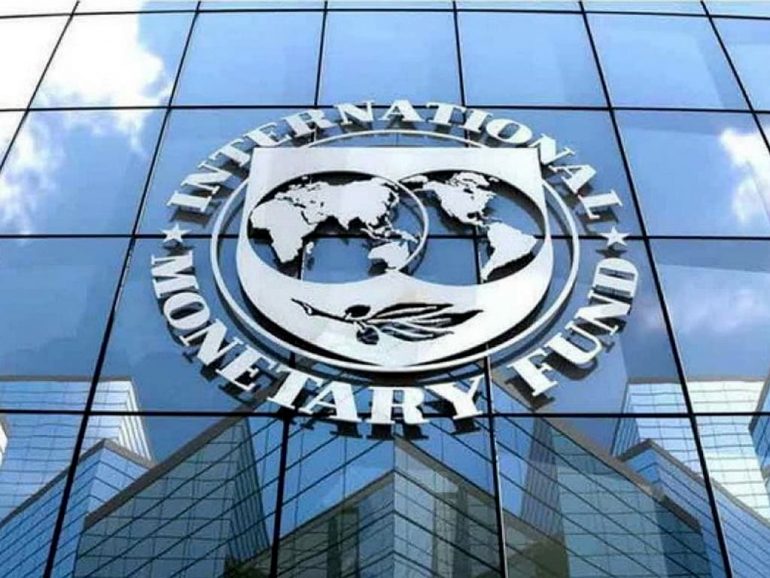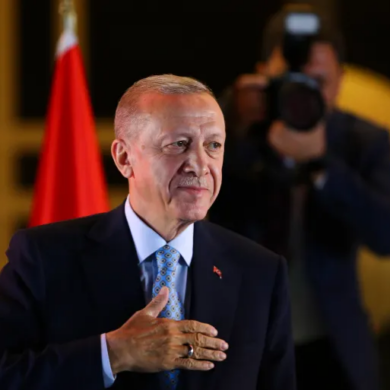Moody’s Investors Service warned Pakistan of a sovereign default if it failed to complete the International Monetary Fund (IMF) programme scheduled to expire by end of June.
Grace Lim, a sovereign analyst at Moody’s in Singapore, stated that there are growing concerns that Pakistan may be unable to fulfill the IMF program, which is set to expire at the end of June.
Lim emphasized that without an IMF program, Pakistan could default due to its significantly weak reserves.
The analyst said Pakistan was facing an increased risk of failing to restart its $6.7 billion bailout program with the IMF, pushing the country closer to a sovereign default.
Pakistan is currently making a final attempt to revive its IMF program, with a financing gap of $2 billion and challenges related to its exchange-rate policy being among the major hurdles. While the government has committed to meeting its debt obligations worth billions of dollars, investors have remained skeptical, leading to the trading of the nation’s dollar bonds in distressed territory since last year.
In the upcoming fiscal year 2023-24, beginning in July, Pakistan faces approximately $23 billion in external debt payments, which was around five times of reserves. Most of this debt is sourced from concessional multilateral and bilateral channels.
On Monday, Jameel Ahmad, the Governor of the State Bank of Pakistan (SBP), denied that officials were seeking debt restructuring talks, as the country is prepared to make a $900 million payment on sovereign debt in June and expects $2.3 billion in obligations to be rolled over.
Regarding the Pakistani rupee, which is trading near a record low against the dollar, Moody’s analyst Grace Lim suggested that it may face additional downward pressure. Lim explained that the IMF’s comments on the exchange rate likely referred to the disparity between the interbank and retail markets.
As Pakistan grapples with these challenges, the possibility of a sovereign default looms, underscoring the urgency for the country to address its financial stability and implement measures to bolster its reserves and economic prospects.
The local currency has lost more than 20% this year after officials devalued the currency in January, making it one of the worst performers globally.
Pakistan’s financing options beyond June are highly uncertain, even as its external repayments will remain significant over the next few years, Lim said.
Continuing engagement with the IMF would support additional financing from other multilateral and bilateral partners, which could reduce default risk, she said.
Separately, Pakistan is looking to purchase spot shipments of liquefied natural gas for the first time in roughly a year after a rapid drop in overseas prices. This suggests that Pakistan may see itself on a better financial footing, as suppliers were hesitant to sell fuel to the nation last year out of fear it may not be able to meet future payments.



